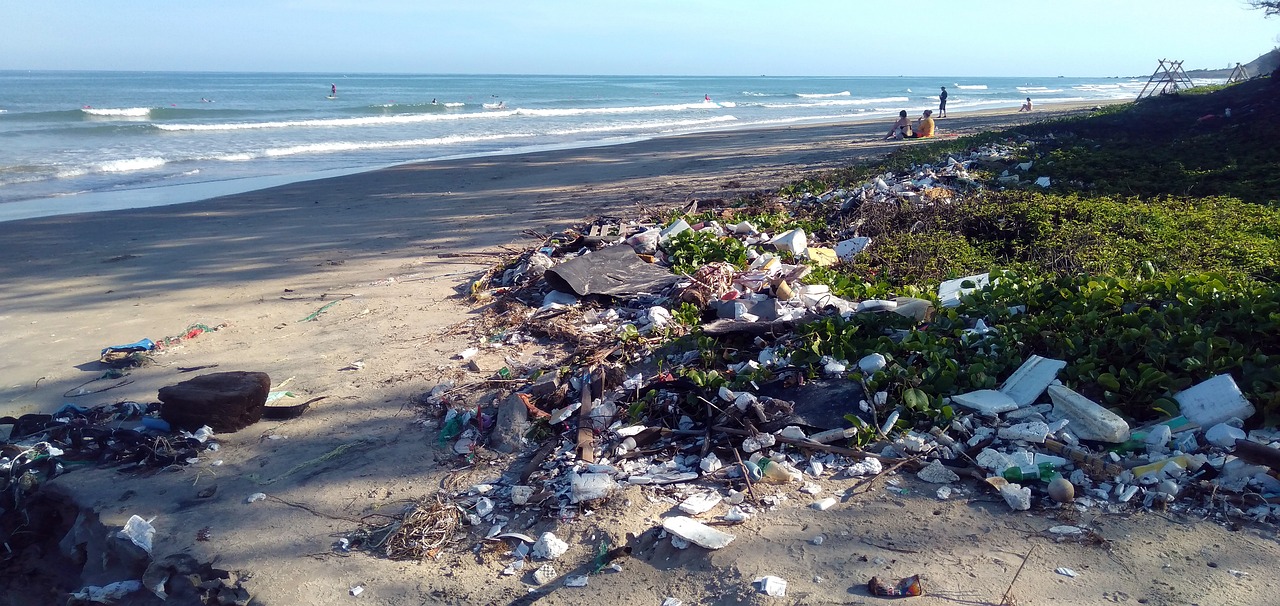
By Brigitte Rodriguez, Associate Researcher & Writer for Save The Water™ | May 15, 2023
Waste has a huge impact on the environment, on water, and particularly on aquatic systems. Disposing of freshwater sources in the wrong way affects the health of marine life. It’s important for everyone to take steps to reduce water waste. This includes individuals, businesses, and governments. We can make an effort to conserve water and manage waste responsibly. Also, we can help to ensure the preservation of water resources and the health of our ecosystems.
Waste comes from materials that people discard. It generally has no economic value to the average person. Almost anything people do creates waste.
According to the United States Environmental Protection Agency, the amount of waste created depends on several factors:
The wastes we generate impact both land and water spaces. Wastes that find their way into waterways are known as aquatic trash. They can affect the environment in multiple ways:
According to the United Nations Environment Program, the world produces around 460 million tons of plastic every year. The figure is worrying for the preservation of ecosystems.
Plastic pollution is very dangerous because plastic doesn’t decompose. In other words, it’s not biodegradable. Thus, it accumulates in the environment for several years.
Plastics in small pieces are known as microplastics. Microplastics are defined as “particles smaller than five millimeters.” They’re very harmful and can contain toxic chemicals. Aquatic lifeforms can consume these plastic particles. They may ingest chemicals from the plastic debris, and this can reach the entire food chain. Thus, this puts marine biodiversity and human health at risk.
The Great Pacific Garbage Patch is an impressive amount of garbage accumulation that originates from the fishing industry. It’s located between Hawaii and California and is one of the biggest of five huge, spinning circular currents in the world’s oceans. The water currents cause the debris to drift into the center of the vortex and become trapped. The patch isn’t biodegradable, so it continues to accumulate. Almost all of the garbage is composed of microplastics.
Plastic pollution in oceans is getting worse by the minute. Therefore, immediate action is needed, such as binding regulations to reduce pollution. Scientists have proposed a legally binding agreement that would deal with the full life cycle of plastic, from its production and design to its disposal. In addition, we can reduce the amount of plastic in the oceans by using technology to collect all these plastic particles. The hope is to reverse the effects of the plastic waste in the water and restore the aquatic ecosystem.
There are a few ways you can preserve water: